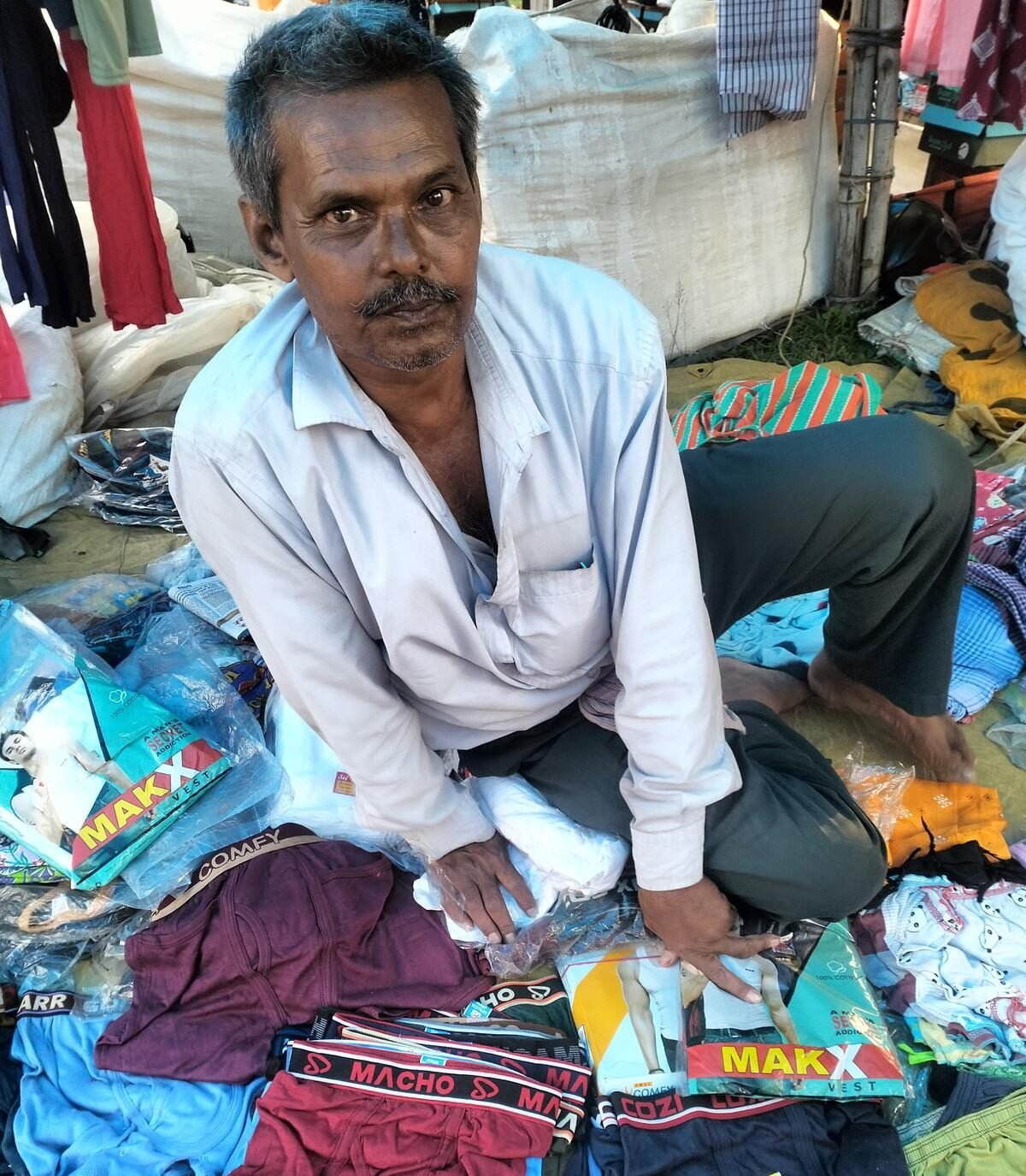Approximately 3,000 Heavy Engineering Corporation (HEC) personnel and engineers who worked on the creation of several pieces of equipment for the Indian Space Research Organisation (ISRO) are being compelled to sell food and clothing. These HEC employees, who were compelled to work as daily wage part-timers, including autorickshaw drivers, have not received their due pay for the past 20 months.
The oldest public sector organization in India is HEC, which provides equipment to all of the main steel factories. The mother plant paved the way for the construction of other significant steel factories around India, including those at Bokaro, Bhilai, Rourkela, Vishakhapatnam, and Durgapur. The Heavy Machine Tools Plant (HMTP), the Heavy Machines Building Plant (HMBP), and the Foundry Forge Plant (FFP) are three divisions of HEC that work together to produce equipment.
Although many HEC employees have used up the majority of their provident fund, some have even had to take out loans to make ends meet. Their kids, whom they used to be able to afford to send to private schools, are now compelled to attend government schools.
ISRO Engineers Working Unpaid
Devendra Kumar, an HEC employee since 1993, is compelled to sell ready-to-wear items including gamchas (towels) and women’s clothing in Shalimar Bazar, which is close to the former Vidhan Sabha. Mr. Kumar, who is still employed by the HMBP, is at the office from 6 a.m. until 2 p.m., after which he works a second job as a salesperson of clothes. Mr. Kumar operates an improvised storefront next to the road, one of several street vendors.

In order to maintain his family when he retires from the HEC in 2026, Mr. Kumar intends to receive a payback of his whole salary. Umesh Nayak, another employee, drives autorickshaws on the side. “After 5 o’clock, I drive an automobile to make my ‘bread and butter’ to support my family. I’m able to make between $10,000 and $12,000 every month. I’m not the only one; numerous HEC workers work part-time jobs to support their families. To make ends meet, some people sell vegetables while others also sell golgappas, a street food. Since we haven’t gotten our salary in a while, we are losing patience, adds Mr. Nayak.
Another HEC employee, Ajay Mirdha, sells momos at Argoda Chowk. His entire family is involved in this business, including his wife Manju Devi, who runs the stand in the morning. And son Priyanshu Mirdha, who handles afternoons along with his sister Priyanka Kumari, a class IX student. Once Mr. Mirdha returns from the office at 5 p.m., he takes over.

Another HEC employee, Ashok Ram, is now a day laborer in the Dhruva neighborhood. Mr. Ram, a father of three girls and a boy, and his wife Yashoda Devi. They are daily wage employees who take home 450 per day.

Who is to Blame?
On its official website, the HEC brags about having produced tower cranes. Special purpose 400T and 200T electric overhead traveling cranes. Folding cum vertically repositionable platforms for space vehicle integration, and horizontal sliding doors.
“While the entire country was celebrating Chandrayaan-3’s achievement. What about the engineers and technicians who sacrificed their time and effort to create the launch pad? Anyone who states that HEC did not offer a launch pad is lying. We produced the launch pad that was utilized for Chandrayaan-3, but we haven’t received payment yet, according to Mr. Mishra.
The senior management was culpable for the delay in paying staff. According to Rama Shankar Prasad, general secretary of the HEC Workers’ Association. Former President A.P.J. Abdul Kalam visited HEC in 2010 and highlighted the necessity for such an agency in India. According to Kamlesh Sharma, Inspector (Quality Control) of HMTP. However, “the current government at the Centre has turned blind to us,” he continued.












Be First to Comment